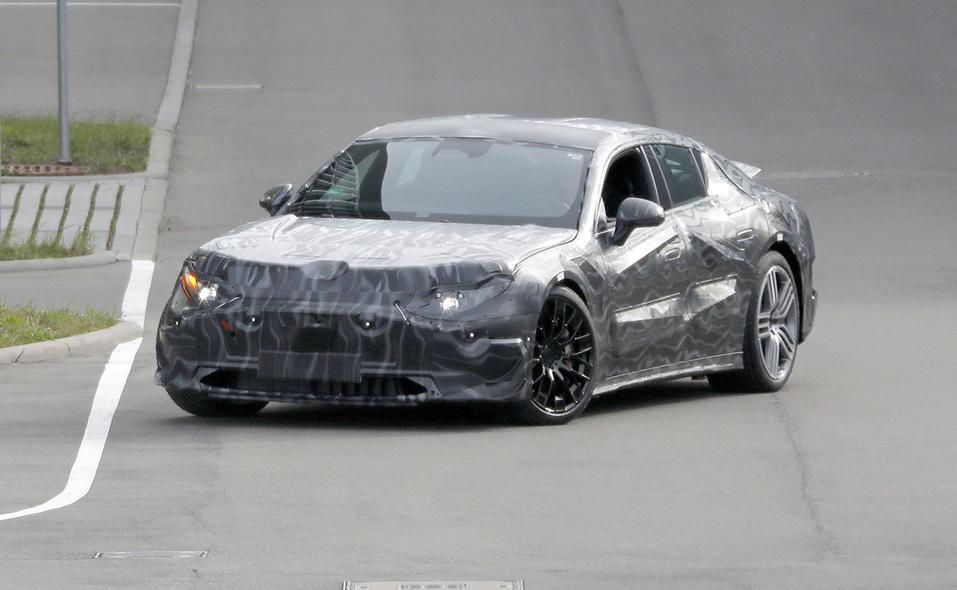A major legal battle has concluded in the Australian automotive industry, as Mercedes-Benz Australia Pacific emerged victorious in a high-profile court case against a majority of its franchise dealers. The outcome is seen by analysts to hold implications for franchising laws and could set a precedent for future disputes between carmakers and their dealerships. The Federal Court’s judgment not only marks a milestone for franchise law in Australia but also underscores the evolving dynamics of the automobile market going forward.

A Paradigm Shift: Fixed-Price Model Adoption
Mercedes-Benz Australia Pacific’s decision to adopt a fixed-price ‘agency’ sales model for new cars sparked a lengthy legal showdown with its franchise dealers. Instead of traditional negotiations, this model allows the carmaker to determine prices, emphasizing transparency and consistency across its offerings.
The Federal Court’s focus was primarily on compensation claims made by dealers in response to these revised franchise terms according to the news coverage by Australia’s CarExpert.
Dealers’ Compensation Claims Rejected
Justice Beach’s ruling dismissed the compensation claims lodged by dealers against MB Australia. The dealers alleged that the car company had unilaterally appropriated their goodwill and customer relationships, devoid of proper consultation and conducted in bad faith.
While the legality of transitioning to the agency model was not the central point of contention, the court’s decision opened up discussions on the potential need for revisiting and amending the country’s franchise laws.
A Billion-Dollar Battle
The legal tussle, initiated in October 2021, involved considerable financial stakes. Dealers sought compensation reportedly amounting to around $650 million, reflecting the high stakes of the case and the perceived impact on their businesses.
With over three-quarters of Mercedes retailers participating, the case spotlighted the broader concerns and implications of adopting the agency model in the automotive industry.
Agency Model: Reshaping the Landscape
The agency model, as adopted by Mercedes and other brands like Honda, introduces a new paradigm for car sales in Australia. It empowers carmakers to control stock and pricing until the point of delivery, eliminating the traditional haggling process.
Dealers then play a role as handover agents or test-drive centers, operating on fixed commissions. This approach aims to enhance price transparency, offer consistent pricing, and ensure a wider availability of car models for consumers.
Impact on Dealers and Consumers
While the agency model seeks to streamline the car-buying experience, many dealers express concerns. Around 38 out of 50 Mercedes retailers in the case contended that this model drives up consumer prices and diverts a larger share of profits to multinational car manufacturers instead of supporting local dealerships.
This dispute encapsulated the ongoing tension between the interests of carmakers and their dealership networks.
A Global Model and its Implications
MB Australia’s adoption of the agency model raised questions about its connection to the global operations of Mercedes-Benz AG in Germany. The luxury brand’s expansion of this model across various markets further fueled speculation that local decisions were part of a larger international strategy.
The element added a layer of complexity to the dispute, prompting reflections on the changing landscape of car distribution.
Court’s Ruling and its Aftermath
Justice Beach’s ruling outlined his reasoning across thousands of paragraphs, discussing factors such as the purpose of non-renewal notices and allegations of unconscionable conduct. While the court costs issue remains unresolved, the judgment is expected to shape future relationships between the dealers and Mercedes-Benz Australia Pacific.
A follow-up case management hearing is anticipated to address confidentiality concerns and additional evidence dissemination.
Final Thoughts
Mercedes-Benz Australia Pacific’s triumph in the landmark court case against its franchise dealers signifies a pivotal moment in Australian franchise law and the broader automotive industry. The agency model’s implications for dealership dynamics, consumer experiences, and multinational strategies are now clearer.
As the automotive landscape continues to evolve, this ruling will likely influence the ongoing discussions and potential modifications of franchising laws, as dealers and carmakers navigate the path forward.



























